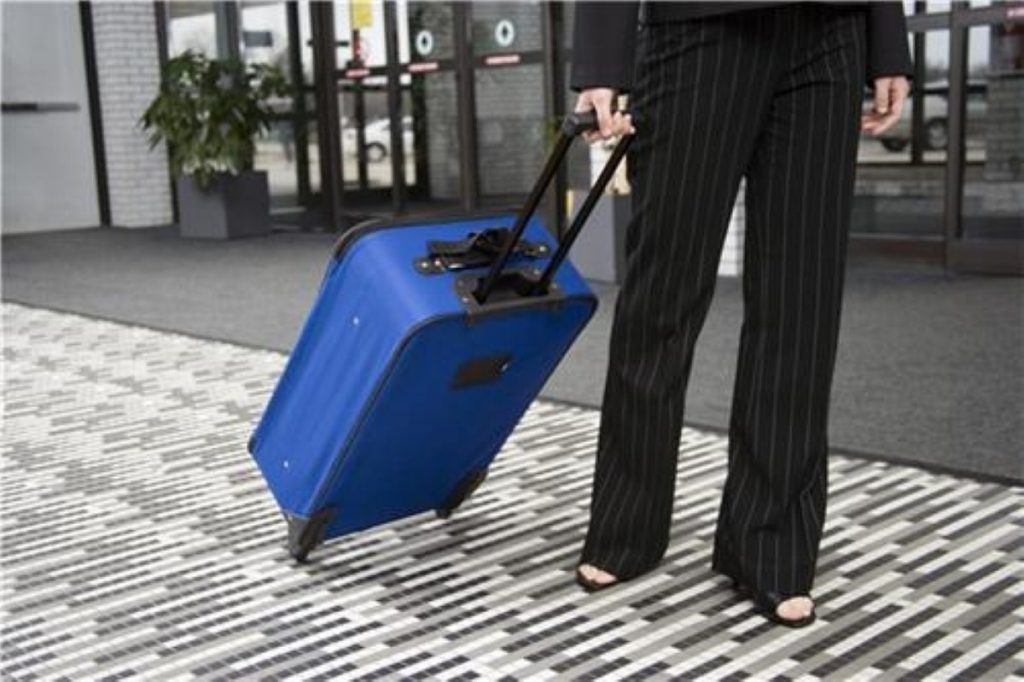Immigrant numbers ‘underestimated’
The number of immigrants coming into the UK might be considerably higher than official figures suggest, according to a new report.
Figures from Capital Economics indicate net immigration to Britain was 400,000 in 2005, more than double the official number of 185,000.
The economic think tank also predicts as many as 50,000 people from Romania and Bulgaria are set to move to the UK in 2007.
Many of these will enter the UK as visitors and “it is quite likely that many will stay and work in the black economy”, the report states.


The think tank calculates some 780,000 people emigrated to the UK in 2005, far higher than the official figure of 564,000. When the number of people leaving the UK is subtracted from this, Capital calculates the population grew by 400,000 in 2005. The report does not take illegal immigrants into account.
However, migration is set to slow in the years to come.
Capital estimates there will be net immigration of 410,000 in 2006, but this will fall to just 200,000 over the four years to 2010.
Overall, immigration has seen the UK’s population grow by 1.7 million in the last ten years – almost 70 per cent of the total growth in the UK’s population.
But despite fears, there is “little evidence” immigrants from eastern Europe have significantly affected the wages or unemployment employment chances of native Britons, the Bank of England said yesterday.
The Capital Economics report comes two days after figures from Migrationwatch questioned the economic benefit of migrants (full story).
The government has defended its immigration policies, saying “overall, migration is good for employment and good for the economy”.
Official government figures show migration increasing the UK’s output by £4 billion and making up ten to 15 per cent of Britain’s economic growth.
“In the last few years we have seen a large movement of people from the EU coming here to work. There is a clear consensus from commentators, business, and our own research, that this has helped the economy to grow,” a Home Office spokesperson said.









